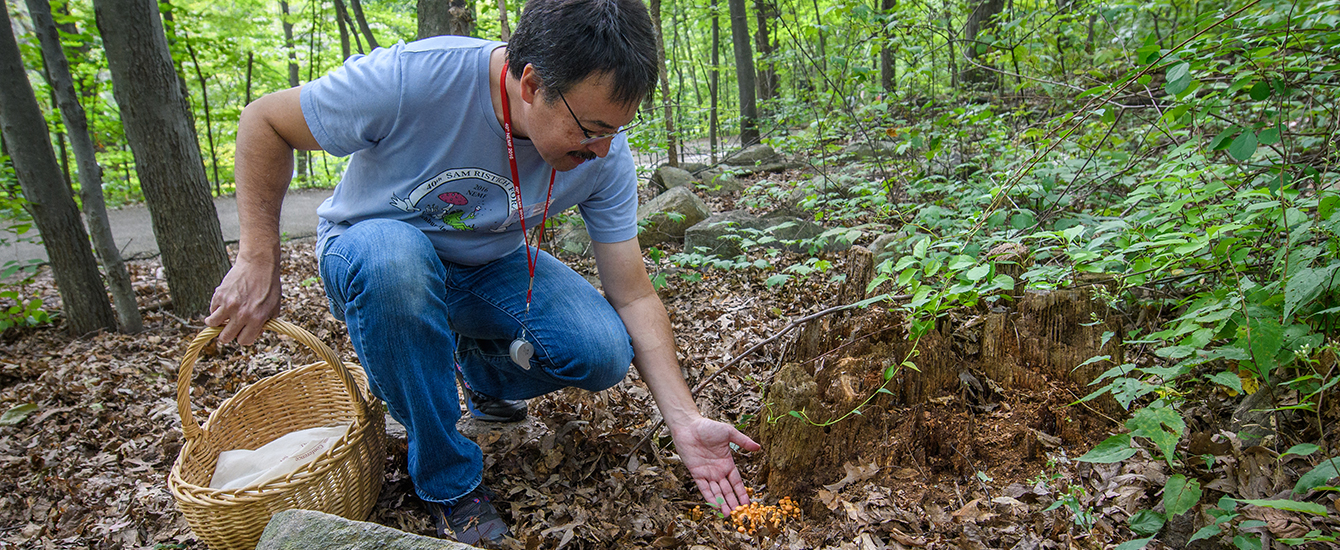Biology
Document Type
Article
Abstract
Ectomycorrhizal fungi are thought to have a key role in mobilizing organic nitrogen that is trapped in soil organic matter (SOM). However, the extent to which ectomycorrhizal fungi decompose SOM and the mechanism by which they do so remain unclear, considering that they have lost many genes encoding lignocellulose-degrading enzymes that are present in their saprotrophic ancestors. Spectroscopic analyses and transcriptome profiling were used to examine the mechanisms by which five species of ectomycorrhizal fungi, representing at least four origins of symbiosis, decompose SOM extracted from forest soils. In the presence of glucose and when acquiring nitrogen, all species converted the organic matter in the SOM extract using oxidative mechanisms. The transcriptome expressed during oxidative decomposition has diverged over evolutionary time. Each species expressed a different set of transcripts encoding proteins associated with oxidation of lignocellulose by saprotrophic fungi. The decomposition 'toolbox' has diverged through differences in the regulation of orthologous genes, the formation of new genes by gene duplications, and the recruitment of genes from diverse but functionally similar enzyme families. The capacity to oxidize SOM appears to be common among ectomycorrhizal fungi. We propose that the ancestral decay mechanisms used primarily to obtain carbon have been adapted in symbiosis to scavenge nutrients instead.
Publication Title
New Phytologist
Publication Date
3-2016
Volume
209
Issue
4
First Page
1705
Last Page
1719
ISSN
0028-646X
DOI
10.1111/nph.13722
Keywords
decomposition, Ectomycorrhizal fungi, evolution, soil organic matter, Spectroscopy, transcriptome
Repository Citation
Shah, Firoz; Nicolás, César; Bentzer, Johan; Ellström, Magnus; Smits, Mark; Rineau, Francois; Canbäck, Björn; Floudas, Dimitrios; Carleer, Robert; Lackner, Gerald; Braesel, Jana; Hoffmeister, Dirk; Henrissat, Bernard; Ahrén, Dag; Johansson, Tomas; Hibbett, David S.; Martin, Francis; Persson, Per; and Tunlid, Anders, "Ectomycorrhizal fungi decompose soil organic matter using oxidative mechanisms adapted from saprotrophic ancestors" (2016). Biology. 193.
https://commons.clarku.edu/faculty_biology/193
Creative Commons License

This work is licensed under a Creative Commons Attribution 4.0 International License.
Copyright Conditions
Shah, F., Nicolás, C., Bentzer, J., Ellström, M., Smits, M., Rineau, F., ... & Tunlid, A. (2016). Ectomycorrhizal fungi decompose soil organic matter using oxidative mechanisms adapted from saprotrophic ancestors. New phytologist, 209(4), 1705-1719.



